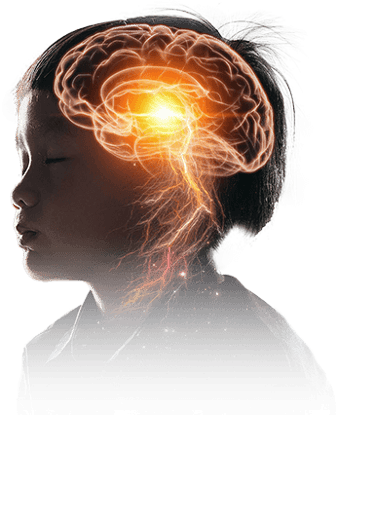Understanding the Mechanics and Implications of Artificial Intelligence
Artificial Intelligence (AI) is one of the most transformative technologies of the 21st century.
ARTIFICIAL INTELLIGENCE
6/9/20242 min read


Introduction to AI
Artificial Intelligence (AI) is one of the most transformative technologies of the 21st century. It encompasses a wide range of applications that aim to simulate human intelligence through machines. In this blog post, we will explore how AI works, the main factors driving its development, the algorithms used, and the implications of AI on society and human safety.
How AI Works and Main Factors
AI systems work by processing large datasets to identify patterns and make decisions. The primary factors influencing AI development include computational power, data availability, and advancements in machine learning algorithms. These systems can learn and improve over time, making them highly efficient in tasks such as image recognition, natural language processing, and predictive analytics.
Algorithms Used in AI
Several algorithms form the backbone of artificial intelligence. These include neural networks, decision trees, support vector machines, and deep learning models. Neural networks, particularly deep learning models, have revolutionized AI by enabling machines to process complex data and perform tasks such as speech recognition and autonomous driving with high accuracy.
Can AI Produce Its Own Data?
A significant advancement in AI is its ability to generate data autonomously. Generative models, such as Generative Adversarial Networks (GANs), can create realistic images, text, and even music. This capability raises questions about the originality and ownership of AI-generated content and its implications for various industries.
Human Safety: Are We Safe or At Risk?
The rapid development of AI has sparked a debate about human safety. While AI has the potential to augment human capabilities and improve quality of life, there are concerns about its misuse. Autonomous weapons, privacy invasion, and job displacement are significant risks. However, with proper regulations and ethical guidelines, the benefits of AI can far outweigh the dangers.
Advantages and Disadvantages of AI
AI offers numerous advantages, including increased efficiency, automation of mundane tasks, and the ability to solve complex problems. However, it also has disadvantages, such as potential job loss, ethical concerns, and the risk of creating biased systems. Balancing these pros and cons is crucial for the responsible development and deployment of AI technologies.
Conclusion
In conclusion, artificial intelligence is a powerful tool with the potential to transform various aspects of society. Understanding how AI works, the algorithms it uses, and its implications for human safety and industry is essential. As we navigate this technological frontier, it is vital to establish ethical guidelines and regulations to ensure that AI serves humanity's best interests.
Artificial Intelligence, or AI, is a branch of computer science that aims to create machines that can perform tasks that typically require human intelligence. These tasks include learning, problem solving, and understanding natural language. AI works by using algorithms and data to analyze patterns and make decisions. It can be applied in various fields such as healthcare, finance, and transportation to automate processes and improve efficiency. One of the key elements of AI is machine learning, which allows machines to learn from experience and improve their performance over time. With advancements in AI technology, the potential for innovation and improvement in various industries is vast.
